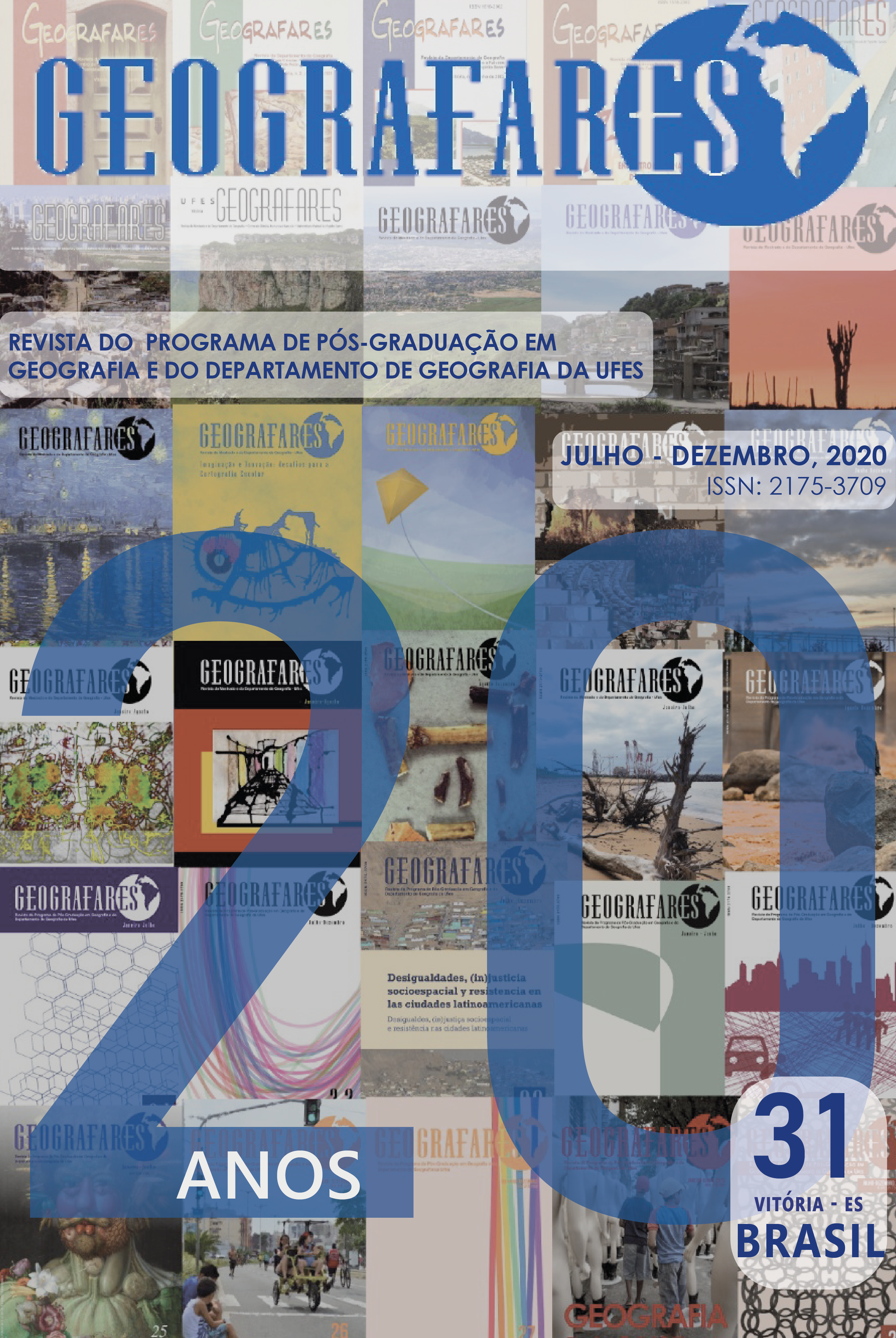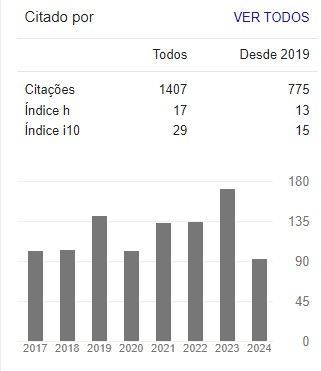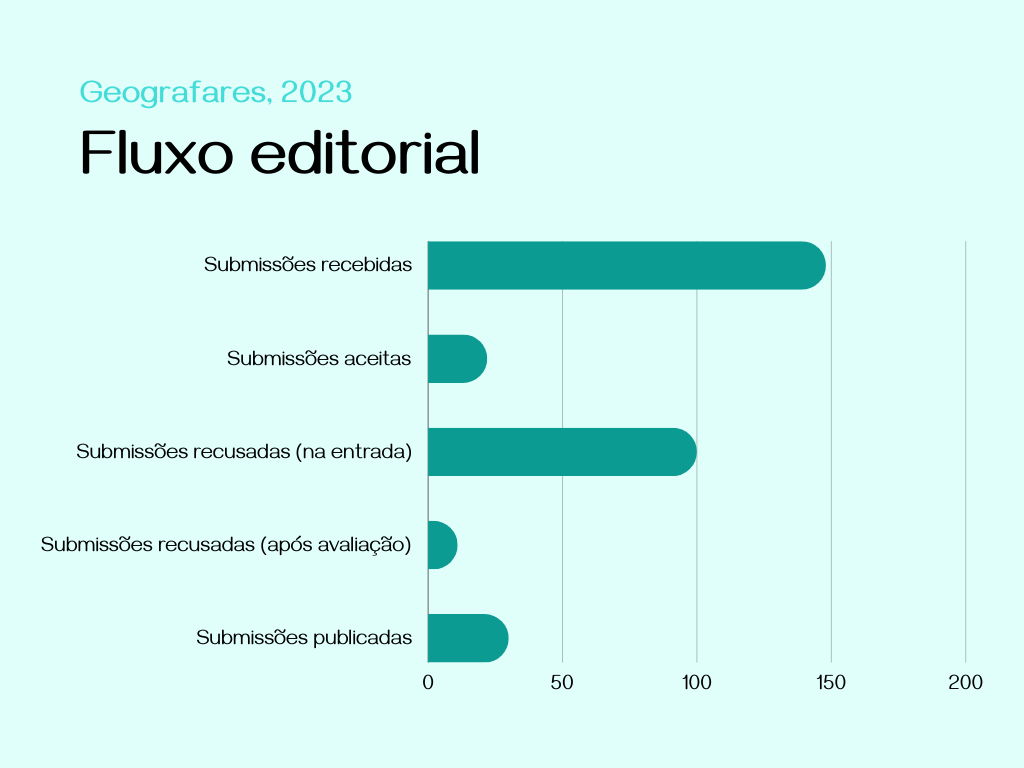Editorial
DOI:
https://doi.org/10.7147/geo.v1i31.33572Keywords:
EditorialAbstract
The issue 31 of Geografares, the second issue commemorating its twenty years of existence, is, as usual, composed of a set of articles with varied themes. Some of them were written by guest authors for this very special issue for us from the editorial team. The first five articles address theoretical and historical aspects in the field of everyday life, urban space, epistemology of geography, archeology of economics and genealogy of colonial historiography. These articles bring original analyzes that make it possible to achieve the very objective of a scientific journal: the critique of thought. The other seven articles in the issue address both socio-environmental and socio-territorial themes: fishing practices in coastal communities, studies on territorial heritage in rural communities, debate on the notions of quality of life and well-being in inland urban communities, the disturbing evolution of monocultures and agribusiness in Minas Gerais and Uruguay, the management and planning of hydrographic basins in Pará and, finally, the serious problem of monopolizing the production and distribution of electricity in Amapá. This issue concludes with a research note on the rampant privatization of Petrobras.
Downloads
References
Editorial
Downloads
Published
How to Cite
Issue
Section
License
Copyrights Declaration
Authors who publish in the journal agree with the following terms:
- Authors will keep their copyrights and grant the journal the right to their first publishing, simultaneously licenced under Creative Commons Attribution License which allows sharing their work with authorship recognition and initial release through this journal.
- Authors may sign additional contracts separately diffusing a non-exclusively version of the paper published in this journal (i.g. publishing in institutional repository or as a book chapter), once citing the authorship and initial release through this journal.
- Authors are encouraged to publicize and diffuse their paper online, for example onto institutional repositories or on their personal websites.



























